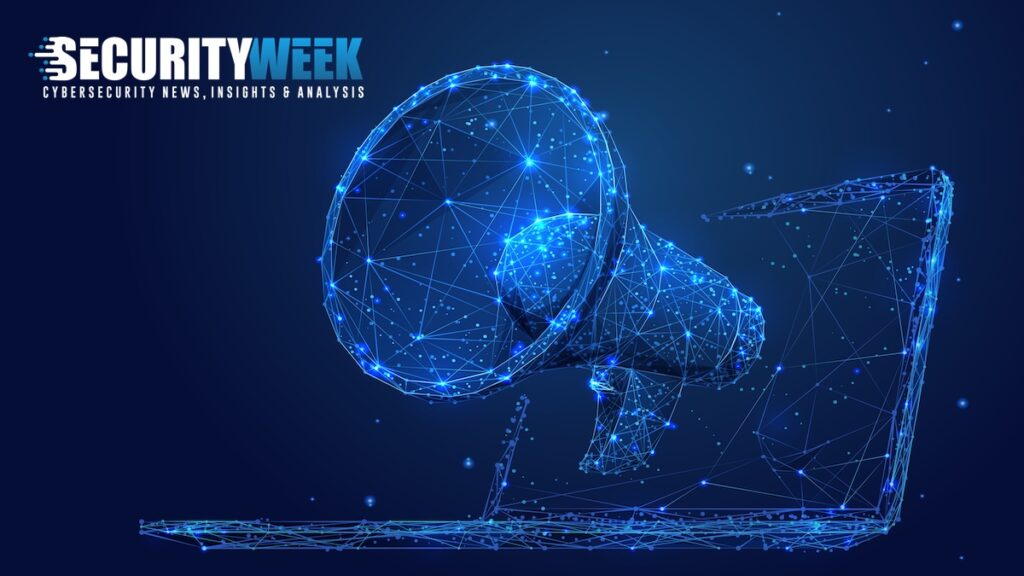Future-Proof Your Organization: Trick Cybersecurity Forecasts You Required to Know
As organizations face the increasing pace of electronic improvement, understanding the advancing landscape of cybersecurity is essential for long-lasting durability. Forecasts recommend a considerable uptick in AI-driven cyber hazards, along with heightened regulatory analysis and the crucial shift in the direction of Zero Trust Architecture.
Increase of AI-Driven Cyber Threats

Among one of the most concerning advancements is making use of AI in producing deepfakes and phishing plans that are remarkably persuading. Cybercriminals can fabricate sound and video clip material, posing executives or trusted people, to control targets into divulging sensitive details or authorizing deceptive transactions. Additionally, AI-driven malware can adjust in real-time to evade detection by typical protection procedures.
Organizations need to recognize the urgent need to reinforce their cybersecurity frameworks to fight these progressing dangers. This consists of investing in sophisticated danger discovery systems, cultivating a society of cybersecurity recognition, and implementing robust occurrence action strategies. As the landscape of cyber threats changes, proactive steps end up being essential for securing delicate information and keeping business stability in a significantly digital world.
Boosted Focus on Data Privacy
Exactly how can organizations properly browse the expanding focus on information privacy in today's electronic landscape? As regulative frameworks progress and customer assumptions climb, businesses should focus on robust data privacy strategies.
Purchasing employee training is crucial, as personnel awareness directly influences data security. Organizations should promote a society of privacy, motivating employees to comprehend the significance of guarding sensitive details. Furthermore, leveraging technology to boost data safety and security is essential. Carrying out advanced security approaches and protected data storage space services can considerably alleviate dangers related to unapproved gain access to.
Collaboration with legal and IT teams is crucial to straighten information privacy efforts with organization goals. Organizations needs to also engage with stakeholders, including clients, to connect their commitment to information privacy transparently. By proactively resolving data personal privacy issues, businesses can construct trust and boost their credibility, ultimately adding to long-term success in a significantly looked at electronic setting.
The Shift to Absolutely No Trust Architecture
In reaction to the developing danger landscape, organizations are significantly embracing Zero Trust Architecture (ZTA) as a basic cybersecurity approach. This strategy is based on the concept of "never ever count on, constantly confirm," which mandates continual confirmation of customer identities, devices, and information, regardless of their place within or outside the network boundary.
Transitioning to ZTA involves implementing identity and access monitoring (IAM) remedies, micro-segmentation, and least-privilege access controls. By granularly managing accessibility to resources, companies can mitigate the danger of insider risks and reduce the influence of external violations. Moreover, ZTA includes durable surveillance and analytics capabilities, allowing organizations to find and respond to abnormalities in real-time.

The Continue shift to ZTA is also sustained by the boosting adoption of cloud services and remote work, which have expanded the attack surface area (7 Cybersecurity Predictions for 2025). Conventional perimeter-based safety and security models are insufficient in this brand-new landscape, making ZTA a much more durable and adaptive structure
As cyber dangers remain to grow in sophistication, the adoption of Zero Count on principles will be vital for companies looking for to protect their assets and preserve regulative conformity while ensuring business continuity in an unpredictable atmosphere.
Regulative Adjustments imminent

Future regulations are expected to attend to a variety of best site issues, consisting of information privacy, violation alert, and event action protocols. The General Data Security Law (GDPR) in Europe has established a criterion, and similar structures are emerging in various other regions, such as the USA with the proposed federal personal privacy legislations. These guidelines commonly enforce stringent penalties for non-compliance, stressing explanation the requirement for organizations to prioritize their cybersecurity steps.
Moreover, markets such as finance, health care, and vital infrastructure are most likely to deal with a lot more strict requirements, showing the delicate nature of the information they take care of. Conformity will not just be a lawful commitment however a crucial component of structure depend on with consumers and stakeholders. Organizations should remain in advance of these modifications, integrating regulatory needs right into their cybersecurity techniques to guarantee durability and safeguard their assets efficiently.
Value of Cybersecurity Training
Why is cybersecurity training a vital component of a company's protection technique? In an age where cyber dangers are progressively advanced, organizations must recognize that their staff members are usually the first line of protection. Reliable cybersecurity training outfits team with the expertise to recognize potential threats, such as phishing attacks, malware, and social engineering methods.
By cultivating a society of safety and security understanding, organizations can considerably decrease the risk of human mistake, which is a leading reason of information violations. Regular training sessions ensure that workers remain educated concerning the most recent threats and ideal methods, consequently improving their capability to respond properly to incidents.
Additionally, cybersecurity training promotes compliance with regulatory needs, lowering the threat of lawful repercussions and punitive damages. It likewise equips employees to take ownership of their role in the company's safety and security framework, leading to an aggressive instead of reactive approach to cybersecurity.
Verdict
To conclude, the advancing landscape of cybersecurity demands proactive measures to attend to emerging dangers. The increase of AI-driven strikes, combined with heightened data personal privacy worries and the transition to No Trust fund Architecture, necessitates a thorough method to protection. Organizations should continue to be cautious in adapting to regulative adjustments while prioritizing cybersecurity training for workers (7 Cybersecurity Predictions for 2025). Highlighting these techniques will certainly not just enhance organizational resilience however likewise guard delicate information versus an increasingly innovative variety of cyber threats.